by Melody Kemp
“It was nine at night and the shooters had the advantage of superior fire power and night vision goggles …. We stood no chance. Two friends were killed…”
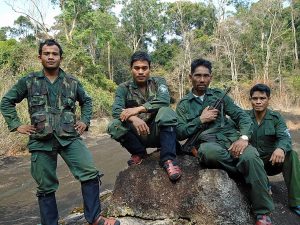
David Paklett, a Wildlife Ranger working in Tanzania pulled up his trouser leg and showed me an ugly red scar that looked a bit like an alien pasted to his skin. It was 2013. We were in Spain’s ancient university town of Salamanca, at WILD 10, a sporadic gathering of wilderness and conservation specialists. He told me how the year before, he and his colleagues had been in a John Woo style shoot out with Vietnamese poachers. The Vietnamese were overhead in a helicopter, firing at them with automatic rifles. ‘It was nine at night and the shooters had the advantage of superior fire power and night vision goggles.’
His words have stayed with me.
‘We stood no chance. Two friends were killed, and I got this.’ When I looked up, his eyes had the look of someone who was looking back with horror. ‘Did you ever talk about that night with anyone?’ I asked sipping a Rioja red. ‘Who is there to tell?’ David grimaced. ‘It’s part of the job. The game has changed. The Chinese are arming these guys and making sure they get away with the kill. The forces behind them are so powerful and we have no resources.’
Lao Rangers in the Annamite mountain range report the same fear according to Bill Robichaud. ‘Camera traps showed these guys (poachers) to have the latest technology, to be well dressed and armed, with modern communication and GPS gear.’ Continue reading “Out of Range – Work Risks of Wildlife Protection Officers”

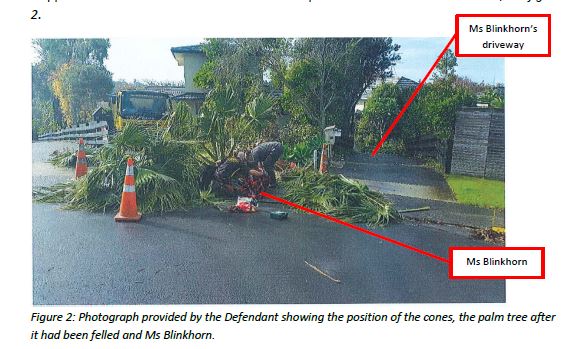
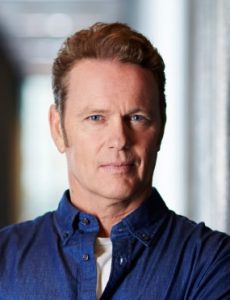
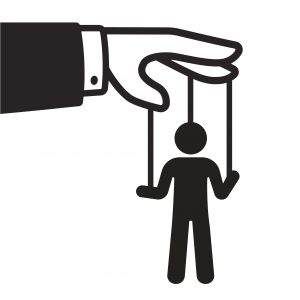 Victoria is the latest Australian State to introduce laws into Parliament that establish a licencing scheme for
Victoria is the latest Australian State to introduce laws into Parliament that establish a licencing scheme for  On 12 December 2017, part of Australia’s screen and television industry held a forum in Sydney about sexual harassment in the sector and what could be done to reduce this workplace hazard. This initiative occurred a day before an
On 12 December 2017, part of Australia’s screen and television industry held a forum in Sydney about sexual harassment in the sector and what could be done to reduce this workplace hazard. This initiative occurred a day before an 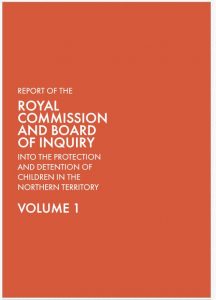 In June 2016, the Australian Broadcasting Corporation showed
In June 2016, the Australian Broadcasting Corporation showed